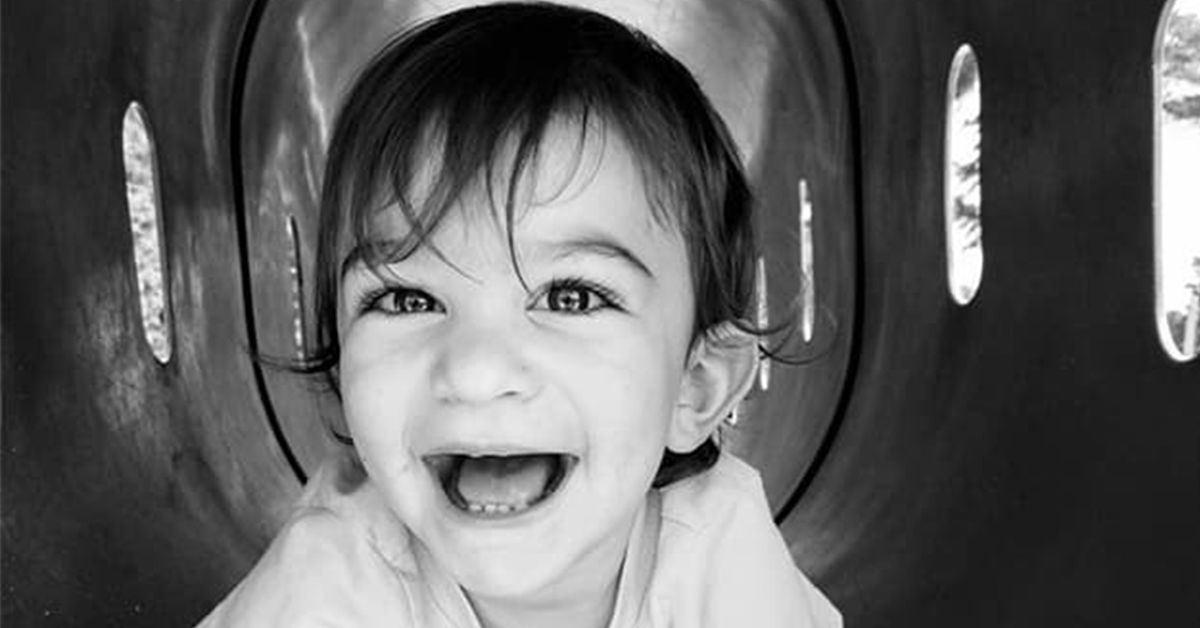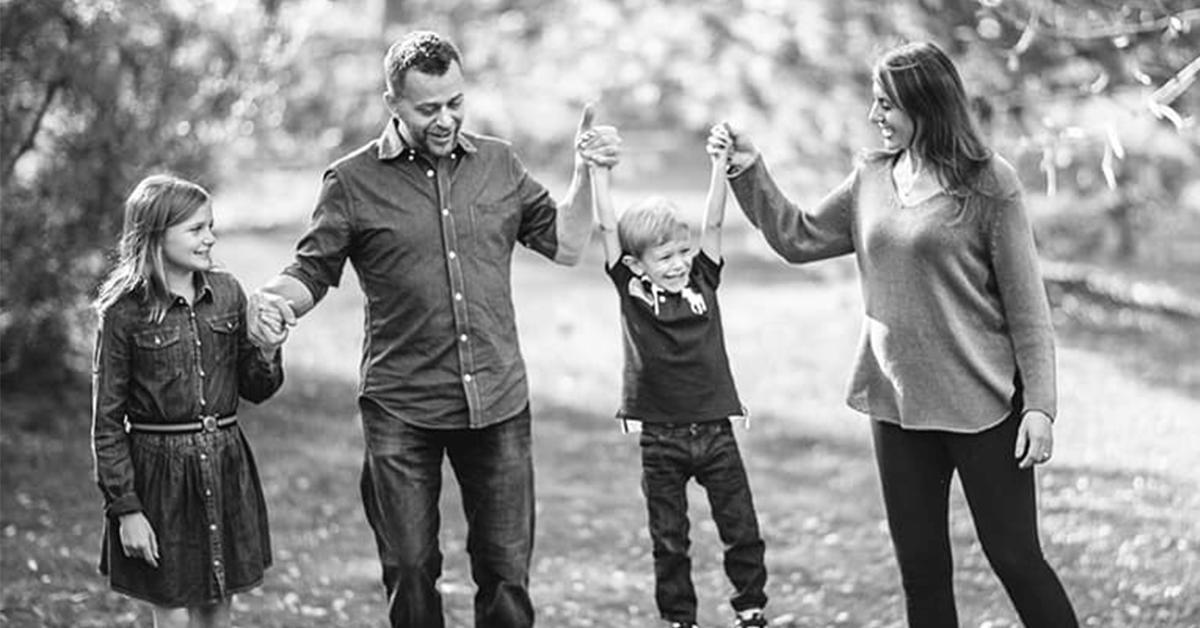Most people first hear about Fragile X when someone in their family is unexpectedly diagnosed. Our Newly Diagnosed toolkit discusses diagnoses and other information a family may need.
We also have two letters to share with you.
The first one is from Avi’s mom. We often ask parents for their advice for newly diagnosed parents, and she wrote this just seven months after Avi’s diagnosis. This is Avi.
My advice for newly diagnosed families is to first allow yourself permission to grieve; to mourn the life you had imagined for your child, the life you had imagined for your family, the hopes and dreams that you had envisioned.
Understand that it is okay to feel whatever you’re feeling; to be sad, angry, worried, lost, and confused.
Then, begin reaching out to other families who understand what you’re going through. Join a Community Support Network near you.
Be leery of the internet. While it can be a tool of knowledge, it can also be a tool of misinformation and negativity.
Know that support from friends and family is important, but, no matter how they try, they may never understand or “get it.”
The grief comes and goes in waves. We only found out 7 months ago, and I am still constantly cycling between anger, hopelessness, sadness, empowerment, strength, courage, hope, and then anger again.
Most days though are days of strength and courage because there’s no other choice. My sweet boy needs a strong mama who can spread awareness, advocate for his needs, be a voice for him since he hasn’t quite found his yet, roll cars and trucks back and forth for what seems like hours, and give unlimited hugs and kisses.
A diagnosis can drive treatment and intervention, but at the end of the day remember that your child is still the same child they were before, the diagnosis didn’t change that.
—Avi’s Mom
The second letter is from Jayne Dixon Weber, who served as the NFXF director of community education (and other positions over the years) from 2007 to 2023. Sheʼs also the mother to a son, Ian, with Fragile X syndrome. She’s worked with countless people and families just like you, and several years ago, she wrote a letter to families with a newly diagnosed child. This is an excerpt of that letter.
I can still remember getting my son’s diagnosis, and that was over 28 years ago.
You never forget that day and where you were standing. I was devastated. All of these things ran through my mind: Having a child with a disability only happens to other people, not to me. I have all these plans for my family and for my child. We’re going to go on vacations and do all these fun things. I don’t really have time for this disability thing. I don’t really want to do this disability thing. I don’t even know what Fragile X is.
The next time I looked at my son, he changed before my eyes — he became disabled. That’s all I could see — everything he could not do or was delayed in doing. Then the guilt set in — because it came from me. That X chromosome. That. X.
Would he drive? Would he go off to college? Get married? Have children? What would his life be like? What will my life be like?
Then I heard the laugh, his laugh, the laugh that made me laugh. He didn’t know he had Fragile X. He was still the same toddler as he was yesterday. The tears came, and I picked that little guy up and said, “Why? Why me?” And then I looked at him and thought, “I don’t know if I can do this.” He continued to look at me, and I looked back at him and said, “I will do whatever I need to for you.”
Take a deep breath. You won’t be able to take care of anyone if you don’t take care of yourself. Take some time to process all that has happened and all that you have learned. You may feel grief or a sense of loss. Acknowledge those feelings. They are real, and they are normal to feel.
Now, pick up your baby or your child and give them the biggest hug. One day you will see your child as a child – you won’t see the disability. Trust me, your child really will amaze you.
—Jayne Dixon Weber
So remember, you don’t have to do anything you don’t want to do. Your most important priority right now is caring for yourself and your child. Your bond will get you both through this. For now, don’t worry about understanding all the medical and scientific terminology, because today you’re a parent.





